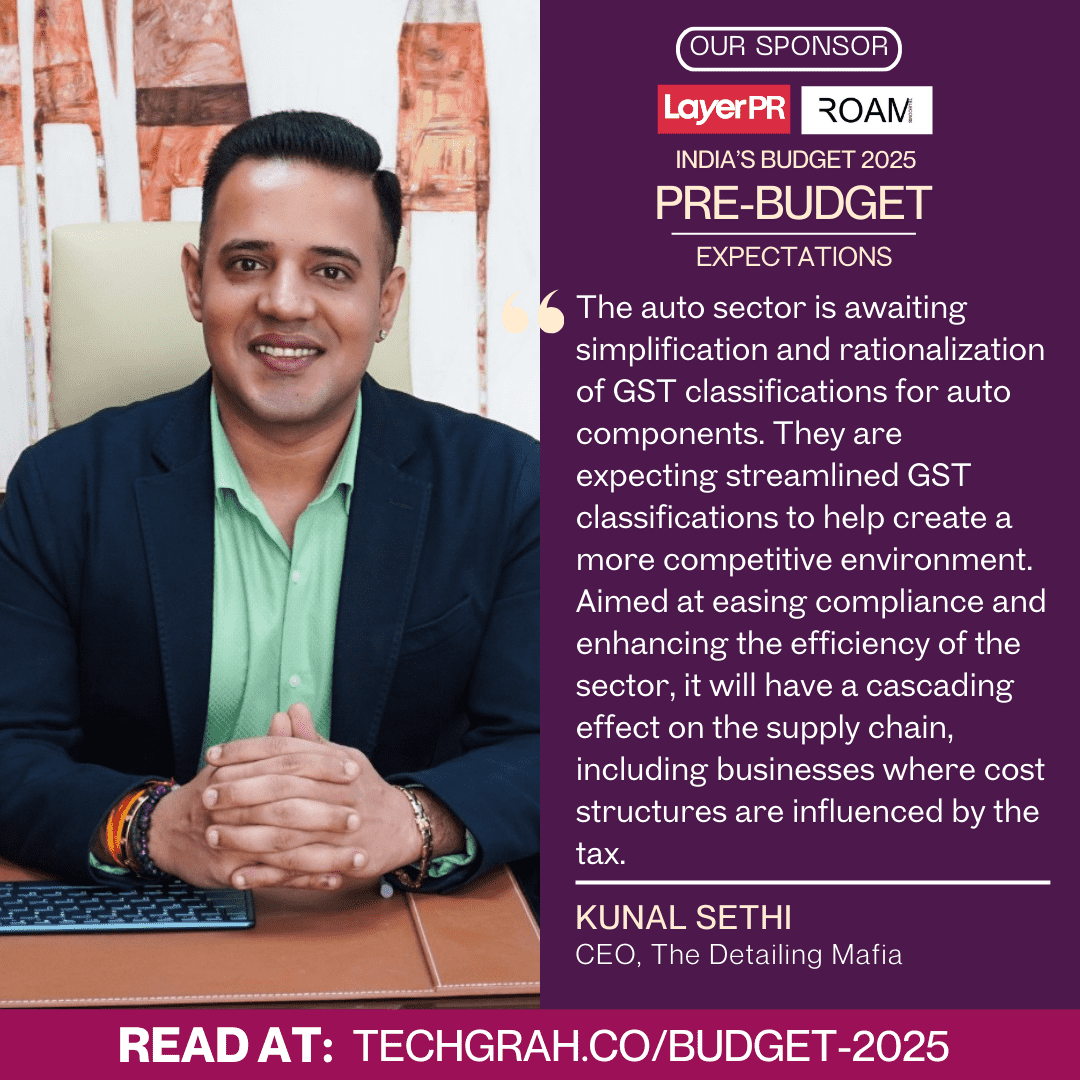With the Union Budget just days away, the auto sector is hoping for game-changing reforms that could level the playing field between new and pre-owned vehicles. The pre-owned car market, buoyed by increasing demand, is calling for simplified financing solutions that bring loan terms and interest rates on par with those of new cars. At the same time, the auto industry is looking to the government for clarity on GST classifications, which could help reduce the cost burden and streamline the sector’s operations.
Read the Union budget 2025 expectations in detail:
Himanshu Arya, Founder & CEO, Luxury Cart

The pre-owned car segment has seen a significant rise in demand and is growing at a faster pace than the new car market. The government is continuously supporting the automobile industry through various incentives and policies for new cars but the pre-owned cars as a segment hasn’t been the focus area.
This year the pre-owned car industry is hopeful about possible lowering of tax in the upcoming budget that could make pre-owned vehicles more accessible. The booming sector is also optimistic about supporting simple financing options from the banks with regulatory push, such as extended loan schemes and interest rates as competitive as new cars, specifically designed for pre-owned cars.
Additionally, the industry is expecting incentives to promote the pre-owned car industry as an organized, streamlined, and transparent segment. Encouraging EV resale initiatives and providing subsidies for refurbished EV batteries can also contribute to the government’s push for sustainable mobility in the segment. Overall, the industry is hoping for policies that will not only make it easier for people to purchase pre-owned vehicles but also encourage the adoption of more environmentally friendly options.
Kunal Sethi, CEO, The Detailing Mafia

In the upcoming budget, the industry is eagerly anticipating crucial reforms that can unlock the true potential of the sector. The auto sector is awaiting simplification and rationalization of GST classifications for auto components. They are expecting streamlined GST classifications to help create a more competitive environment for all stakeholders. Aimed at easing compliance and enhancing the efficiency of the sector, it will have a cascading effect on the supply chain, including businesses where cost structures are influenced by the tax.
Likewise, in order to boost domestic manufacturing, the Production Linked Incentive (PLI) scheme with more transparency and accountability in the allocation of incentives is expected. Along with this, industry players are also looking forward to policies focused on addressing the challenges impeding the growth of the sector, and more developments are expected, giving impetus to electric vehicles in the sector.




